Publications
Articles, publications, books, tools and multimedia features from the U.S. Institute of Peace provide the latest news, analysis, research findings, practitioner guides and reports, all related to the conflict zones and issues that are at the center of the Institute’s work to prevent and reduce violent conflict.
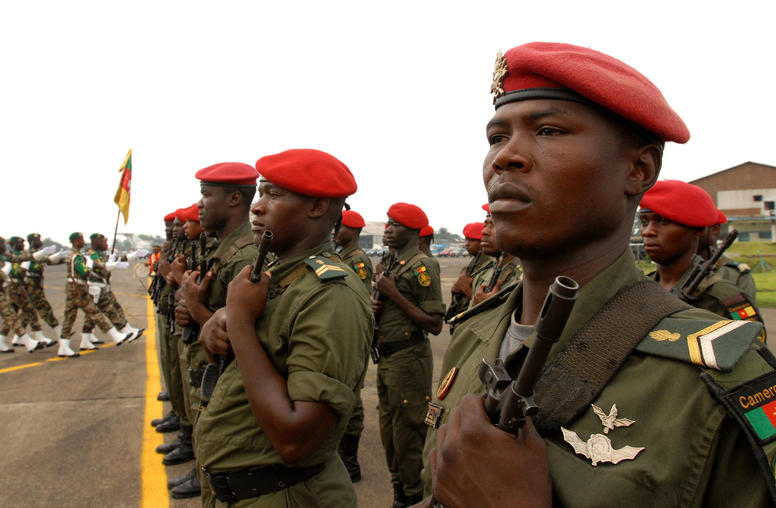
Cameroon’s Anglophone Uprising: A Crisis Overlooked
The African nation of Cameroon has lived for years between the fires of civil warfare—in Nigeria to the west and the Central African Republic to the east. But the authoritarian regime of President Paul Biya for years has suppressed peaceful and moderate dissidence, violating citizens’ human rights with impunity, helping ignite an armed conflict with members of Cameroon’s anglophone minority.
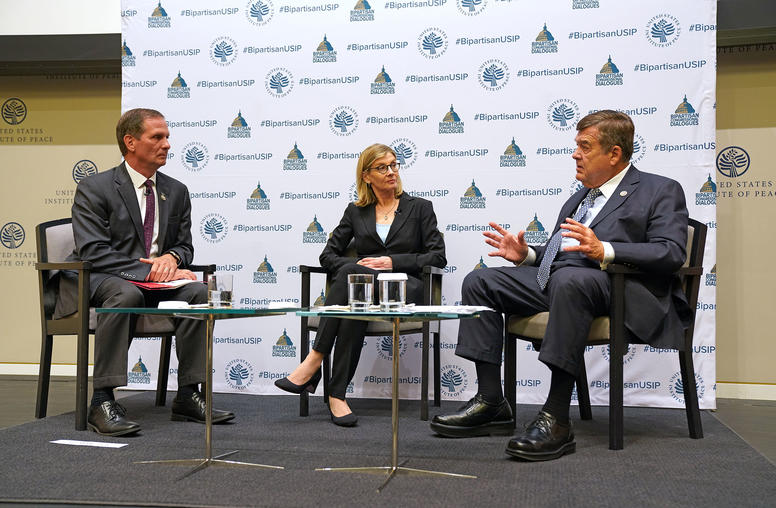
America’s Vital Needs on China Policy: Realism and Strategy
As U.S. national security debates focus heavily on the growing power and ambitions of China, two prominent members of Congress discussed how bipartisan policymaking can better protect America’s interests. Representatives Chris Stewart (R-UT) and Dutch Ruppersberger (D-MD) emphasized a need for strong engagement in Washington between the political parties, and for focused U.S. attention on China’s military buildup, intellectual property theft and cyber activities. Both congressmen are members of the House of Representatives subcommittee that oversees the U.S. foreign affairs budget, and both have played leading roles on national security and intelligence issues.
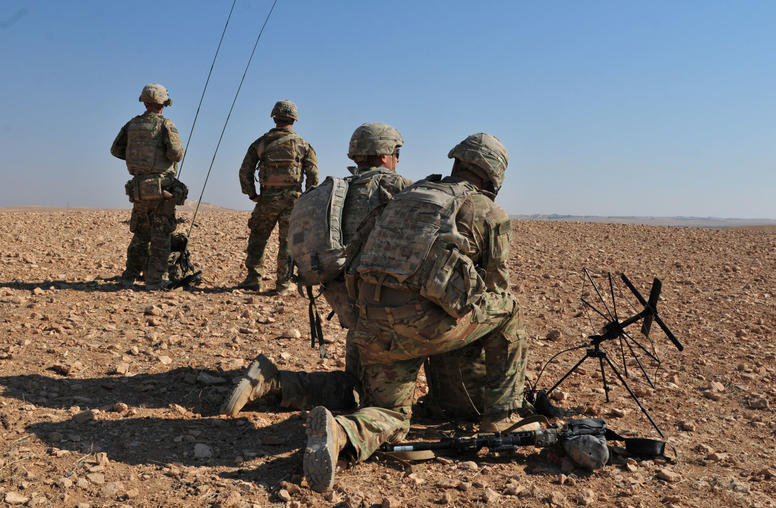
U.S. Policy Toward Syria: Part I
Mona Yacoubian, senior advisor for Syria, the Middle East, and North Africa, testified on September 27 at the House Foreign Affairs Subcommittee on Middle East and North Africa hearing on “U.S. Policy Toward Syria: Part I.”

Philippe Leroux-Martin on Russia’s Intentions in Macedonia and Kosovo
Philippe Leroux-Martin explains Russia’s intentions for interfering in both Macedonia and Kosovo to thwart possible NATO expansion and EU membership, and Western efforts to counter the Russian moves. Macedonians head to the polls on September 30 to vote in a referendum to change the country’s name...
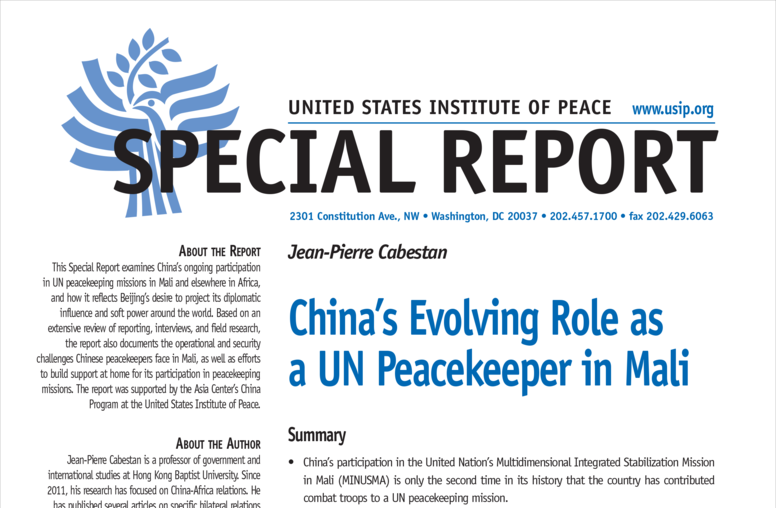
China’s Evolving Role as a U.N. Peacekeeper in Mali
Chinese troops have been stationed in Mali for the last half-decade as part of the UN-mandated stabilization force. Deployed after rebel groups overran large portions northeastern Mali in 2013, it was just the second time Beijing had ever contributed combat troops to a UN peacekeeping mission. This Special Report examines how China is using its peacekeeping activities in Mali as an opportunity to train troops and test equipment in a hostile environment—and as a way of extending its diplomatic reach and soft power in Africa and beyond.

Amb. Joseph Yun on the Latest with North Korea
With the diplomatic process between the U.S. and North Korea at a stalemate, Ambassador Joseph Yun discusses the key takeaways from this week’s inter-Korean summit and the improvement in North-South relations. For Washington and Pyongyang to move forward, Yun says the two sides need to first agree on a definition of, and process for, the denuclearization of the Korean Peninsula.
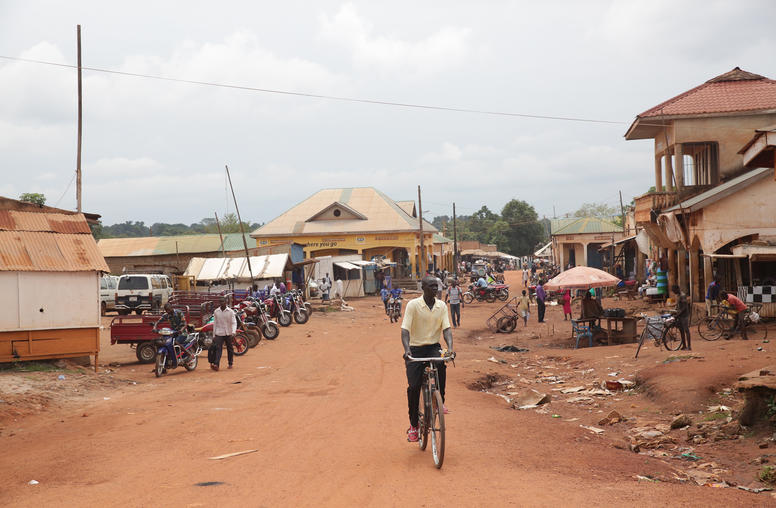
In South Sudan, the Trust Deficit Could Doom a new Peace Deal
On September 12, after nearly nine months of talks, the warring parties in South Sudan signed a “revitalized” peace agreement, superseding a 2015 accord and bringing an end to the High Level Revitalization Forum. But fighting has continued in the days since the deal was signed, and many remain skeptical that this agreement will succeed. USIP’s Aly Verjee discusses the deal.
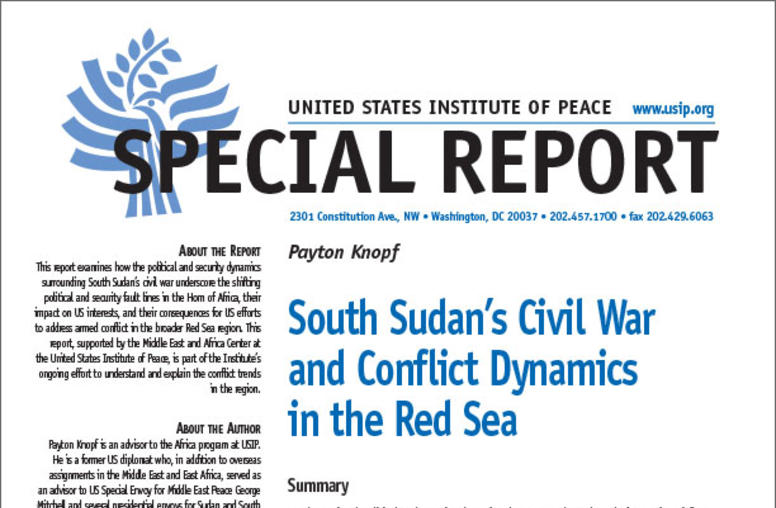
South Sudan’s Civil War and Conflict Dynamics in the Red Sea
The five-year-old civil war in South Sudan is an unparalleled humanitarian and security crisis, causing the largest exodus of refugees on the African continent since the Rwandan genocide and leaving over a third of the population displaced and two-thirds severely food insecure. Beyond the human toll on South Sudan’s long-suffering citizens, the country’s unraveling underscores the shifting political and security fault lines in the Horn of Africa. This Special Report surveys the region’s various interstate hostilities and intrastate conflicts and suggests ways the United States can reassert its influence to begin contributing meaningfully to the resolution of South Sudan’s civil war and conflicts in the greater Red Sea region.
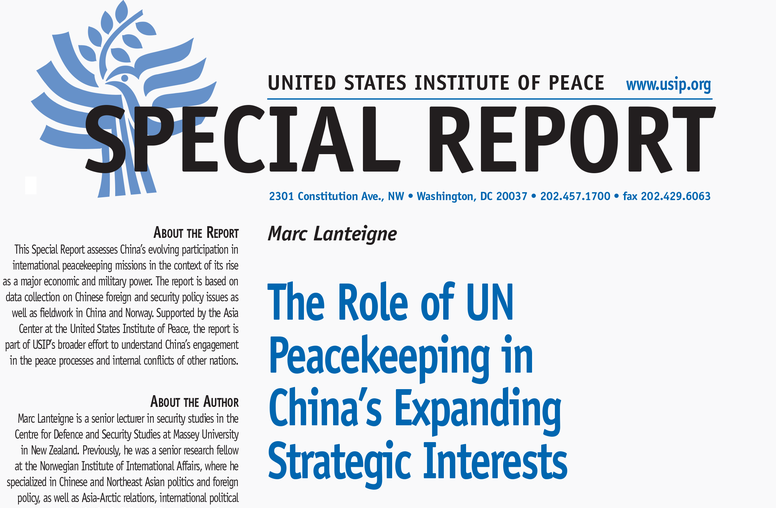
The Role of U.N. Peacekeeping in China’s Expanding Strategic Interests
Despite its growing status as a major economic and military power, China continues to be a strong supporter of UN peacekeeping operations. China is not only the second-largest financial contributor to UN peacekeeping (after the United States), it has roughly 2,500 personnel deployed in ongoing missions, including in active combat zones in Mali and South Sudan—far more than any other permanent member of the UN Security Council. This Special Report examines what China hopes to gain from its participation in UN peacekeeping, as well as the challenges it will face as its troops find themselves in more dangerous “peace enforcement” situations.
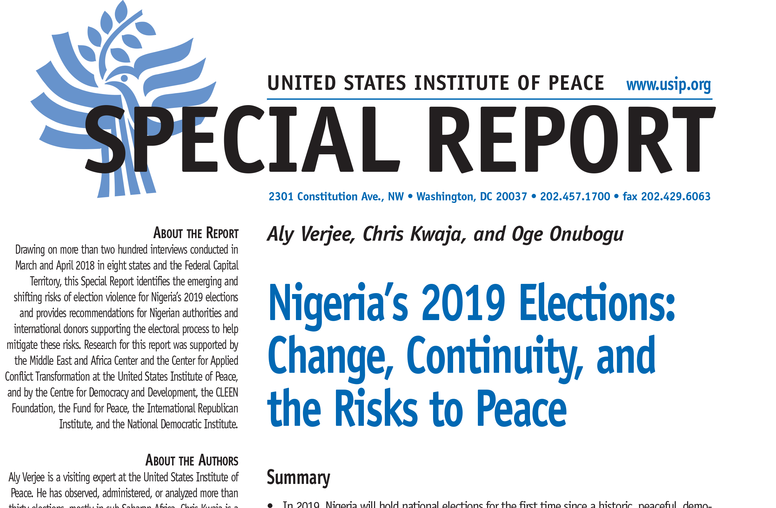
Nigeria’s 2019 Elections: Change, Continuity, and the Risks to Peace
Drawing on more than two hundred interviews conducted in March and April 2018 in eight states and the Federal Capital Territory, this Special Report identifies the emerging and shifting risks of election violence for Nigeria’s 2019 elections and provides recommendations for Nigerian authorities and international donors supporting the electoral process to help mitigate these risks.